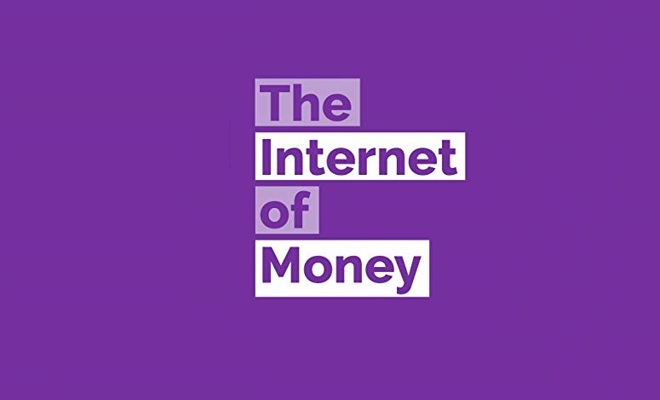
The Internet of Money: A Summary
The Genesis of Money and the Bitcoin Disruption
Andreas M. Antonopoulos's "The Internet of Money" transcends a mere discussion about Bitcoin. It delves deep into the essence of money, the transformative power of decentralization, and the potential of technology to reshape our global society.
🏛️ The Evolution of Money and Bitcoin's Disruption
Antonopoulos begins by tracing the historical journey of money—from ancient barter systems to today's complex financial infrastructures. He highlights the inherent flaws of centralized systems, where control is concentrated among a select few. This backdrop sets the stage for Bitcoin's emergence: a decentralized digital currency challenging traditional financial paradigms.
Bitcoin isn't just digital cash; it's a revolutionary concept leveraging the internet to facilitate peer-to-peer transactions without intermediaries. This decentralization eliminates single points of failure and offers an alternative to the centralized control of traditional financial institutions.
🔑 Core Principles: Decentralization, Trustlessness, and Open Access
🧩 Decentralization
At the heart of Bitcoin is decentralization. Antonopoulos emphasizes that this isn't merely a technical feature but a foundational principle aiming to redistribute power and reduce vulnerabilities inherent in centralized systems.
🤝 Trustlessness
Traditional financial systems rely on trust in intermediaries. Bitcoin introduces a trustless model where cryptographic algorithms and consensus mechanisms ensure transaction integrity, eliminating the need for trusted third parties.
🌍 Permissionless Participation
Bitcoin's network is open to all, regardless of background or location. This inclusivity democratizes finance, fosters innovation, and provides opportunities for those previously excluded from traditional financial systems.
🔗 Blockchain: The Backbone of Bitcoin
The blockchain is Bitcoin's underlying technology—a distributed, immutable ledger recording all transactions transparently and chronologically. Beyond Bitcoin, Antonopoulos envisions blockchain's potential to revolutionize various sectors:
Supply Chain Management
Digital Identity Verification
Voting Systems
Intellectual Property Rights
By offering a secure and transparent platform for data recording and verification, blockchain technology promises to enhance accountability and efficiency across industries.
💡 Bitcoin's Broader Implications
Antonopoulos argues that Bitcoin signifies more than a new currency; it represents a paradigm shift in our understanding of money and value. He foresees a future where cryptocurrencies are seamlessly integrated into daily life, enabling:
Frictionless cross-border transactions
Financial inclusion for the unbanked
Protection against inflation and currency devaluation
By addressing systemic challenges in the global financial system, Bitcoin has the potential to empower individuals and promote economic freedom.
🏛️ Societal and Political Transformations
Beyond finance, Bitcoin's decentralized nature can influence societal structures. Antonopoulos suggests that by granting individuals greater control over their assets and data, Bitcoin can:
Enhance personal privacy
Promote self-sovereignty
Disrupt traditional power hierarchies
Through decentralized governance and peer-to-peer interactions, Bitcoin fosters transparency and accountability, challenging established institutions.
📘 Conclusion: Embracing the Future of Money
"The Internet of Money" offers a profound exploration of how Bitcoin and blockchain technology can redefine our financial systems and societal structures. Antonopoulos invites readers to envision a future where decentralization empowers individuals, fosters innovation, and promotes a more equitable global society.
For more insights into the transformative power of cryptocurrencies and blockchain technology, stay tuned to our blog and join the conversation on the future of finance.